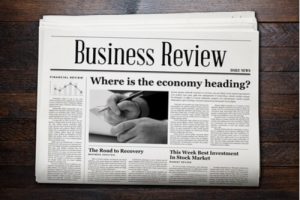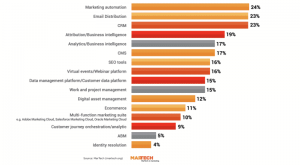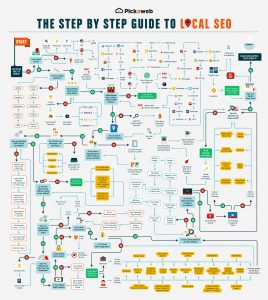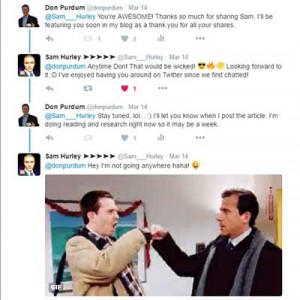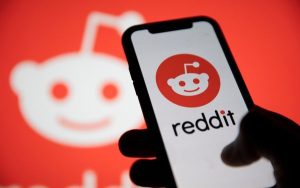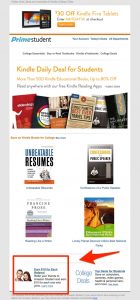By Sam Becker
It’s not easy to live up to the standards of new generations, particularly for those who’ve been around for decades. But some of corporate America’s largest and oldest companies are finding ways to roll with the punches, and are earning high marks for being places where workers can launch their careers, climb the corporate ladder, and even find a sense of career stability.

That includes companies like AT&T, American Express, and Microsoft, which are ranked among the top 10 on the new American Opportunity Index, published as a joint effort by the Burning Glass Institute, Harvard Business School’s Managing the Future of Work Project, and the Schultz Family Foundation. The Index looked at the 250 largest public companies in the United States and ranked them according to “a weighted average of nine measurements of opportunity a firm affords workers or helps create beyond it, as indicated by the access to work it provides, the upward mobility workers experience, and the pay it offers.”
These are the top 10 companies, as ranked by the Index:
The expanded list includes companies from various sectors, with many big names landing within the top 50, such as Wells Fargo (17), Salesforce (22), AutoZone (39), Verizon (48), and Goldman Sachs (50).
One particularly noteworthy measurement that the index used to develop the rankings is the ability of workers to advance their careers without a college degree—a trend that has been picking up steam among some employers in recent years. Given the ever-increasing costs of earning a degree, it’s likely that some employers are passing over talented workers for whom higher education is cost prohibitive. But the index shows that even old-school companies, like AT&T, are evidently willing to give employees the chance to grow their careers without a degree.
Some companies may be seeing their hand forced as they contend with the retiring baby boomer cohort, a post-pandemic labor shortage, and younger workers who are less willing to compromise on certain social factors in the workplace.
“American businesses are struggling to hire, grow and retain the workers they need to remain competitive,” said Joseph B. Fuller, co-director of Harvard Business School’s Managing the Future of Work Project, in a statement. “They lack visibility on how their workers advance and how their policies affect their employees’ prospects. They are missing critical components of the big picture.”
One thing to keep an eye on: With the prospect of a recession looming, it will be interesting to see if these and other companies stick to these relatively worker-friendly initiatives. A deeper talent pool could lead companies to readopt stingier hiring measures—but again, younger workers expect more flexibility and value-driven work environments than those from previous generations. And backsliding on some of the new-found flexibilities could open, or reopen, rifts between employers and employees.
(25)
Report Post
